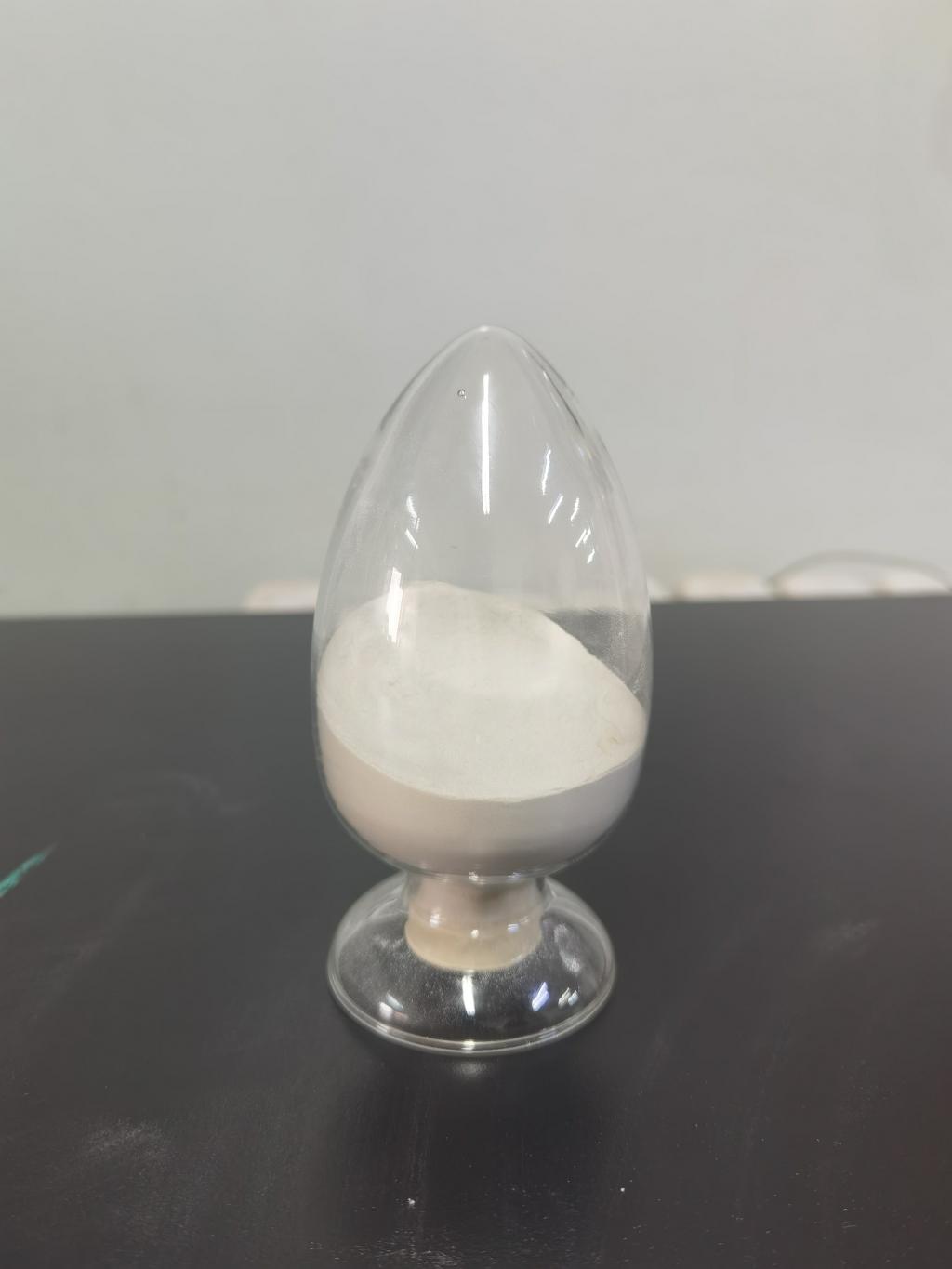Tel:+8618231198596

News
 CONTACT
CONTACT
 CONTACT
CONTACT
- Linkman:Linda Yao
- Tel: +8618231198596
- Email:linda.yao@dcpharma.cn
- Linkman:CHARLES.WANG
- Department:Overseas
- Tel: 0086 0311-85537378 0086 0311-85539701
News
Current Position:
Home >
News
>Factory stock Nisin's Role in Meeting Stringent Food Import Regulations.
Factory stock Nisin's Role in Meeting Stringent Food Import Regulations.
TIME:2023-10-11
2. Understanding Nisin: A Natural Antimicrobial
Nisin is a naturally occurring peptide produced by select strains of lactic acid bacteria, primarily Lactococcus lactis. It has garnered attention in the food industry for its potent antimicrobial properties, which allow it to inhibit the growth of various pathogenic and spoilage microorganisms. This makes Nisin an attractive option for enhancing food safety and extending the shelf life of food products.
3. Challenges of Stringent Food Import Regulations
Stringent food import regulations exist to protect consumers and ensure the quality of food products entering a market. These regulations can be particularly challenging for food manufacturers and importers due to the following reasons:
Safety and Quality Assurance: Meeting the safety and quality standards set by different countries requires rigorous testing, adherence to good manufacturing practices, and compliance with various regulations.
Labeling and Documentation: Accurate labeling, including ingredient lists, nutritional information, and allergen warnings, is crucial to meet regulatory requirements.
Microbial Control: Maintaining microbial control is a key element of food safety, especially when products are transported over long distances.
Shelf Life: Extending the shelf life of products without compromising quality is essential, particularly for perishable goods.
4. Nisin's Role in Addressing Regulatory Challenges
Nisin offers several advantages that can help address the challenges posed by stringent food import regulations:
Enhanced Food Safety: Nisin's antimicrobial properties effectively control the growth of pathogenic bacteria, reducing the risk of foodborne illnesses.
Extended Shelf Life: By inhibiting the growth of spoilage microorganisms, Nisin can extend the shelf life of food products, ensuring they remain safe and of high quality during transportation and storage.
Clean Label Ingredient: Nisin is a clean label ingredient, aligning with the growing consumer demand for natural and clean food products.
Nutritional Benefits: Nisin can be used to protect and preserve the nutritional content of food products, ensuring that consumers receive the full benefits of the product.
5. Applications of Nisin in Meeting Stringent Regulations
Nisin can be applied in various ways to aid compliance with stringent food import regulations:
Preservation of Dairy Products: Nisin can be used in dairy products to extend their shelf life while maintaining product quality, ensuring compliance with regulations for product safety and quality.
Bakery Products: Incorporating Nisin in bread and baked goods can prevent mold and yeast growth, ensuring product safety and extending shelf life.
Meat and Poultry: Nisin can be added to meat and poultry products to enhance food safety and extend shelf life, meeting stringent import requirements.
Canned Foods: Nisin can be used in canned foods to maintain product safety, particularly for long-distance transportation.
Ready-to-Eat Meals: Nisin can ensure the safety and quality of ready-to-eat meals, which are subject to rigorous regulations.
6. Regulatory Considerations
While Nisin is considered safe for use in foods, it is essential to comply with regulatory guidelines in different countries. Specific regulations and permissible usage levels may vary, so it is crucial to consult with regulatory authorities and follow local requirements when incorporating Nisin into food products intended for import.
7. Case Studies of Nisin in Meeting Stringent Food Import Regulations
Several case studies highlight the successful use of Nisin to meet stringent food import regulations, showcasing how this natural antimicrobial peptide can facilitate compliance and enhance food safety.
8. Conclusion
Stringent food import regulations are necessary to protect consumers and maintain food quality in the global marketplace. Nisin, with its antimicrobial properties and ability to extend shelf life while preserving nutritional value, offers a valuable solution for food manufacturers and importers seeking to meet these regulatory challenges. By embracing Nisin and adhering to regulatory guidelines, businesses can ensure that their products not only meet but also exceed the stringent food import regulations, providing safe and high-quality food to consumers around the world.
- Tel:+8618231198596
- Whatsapp:18231198596
- Chat With Skype







